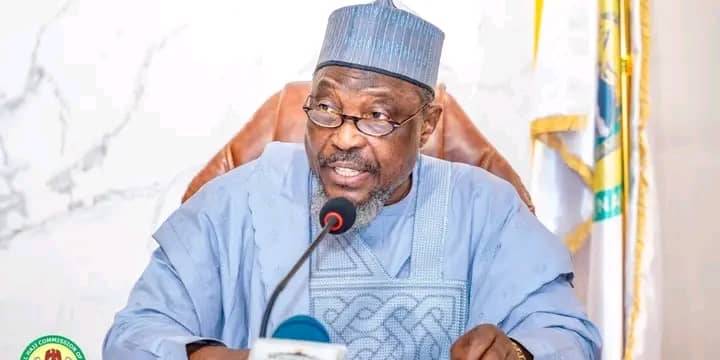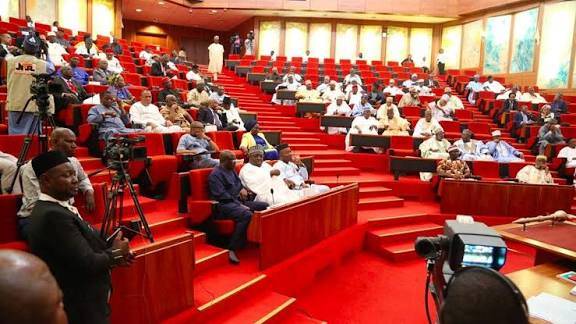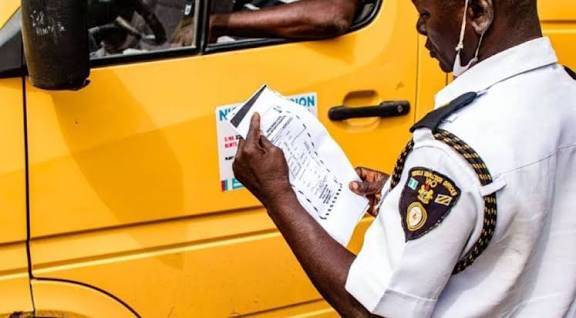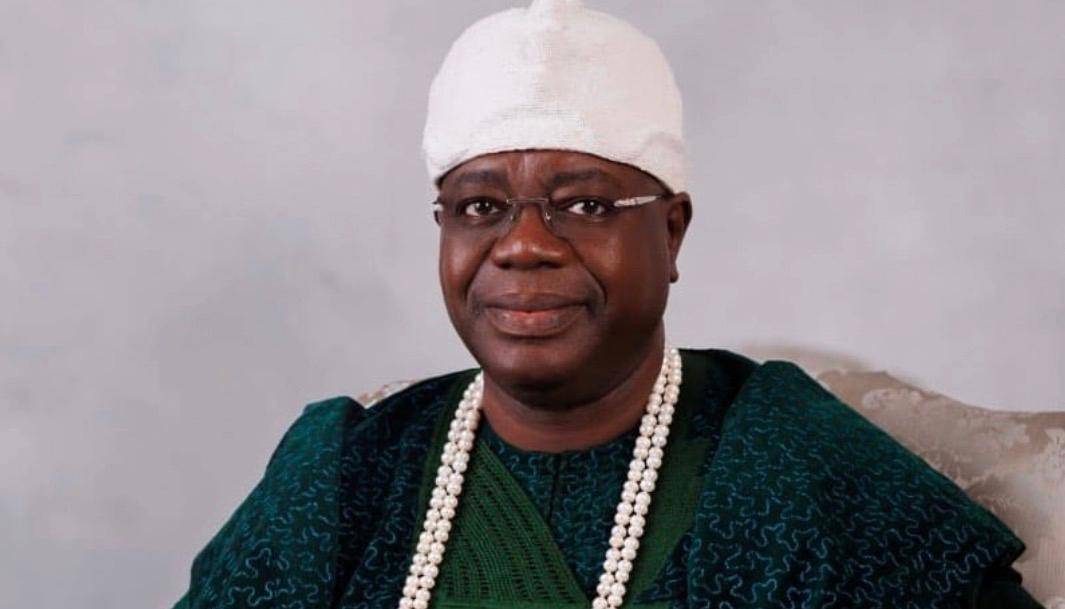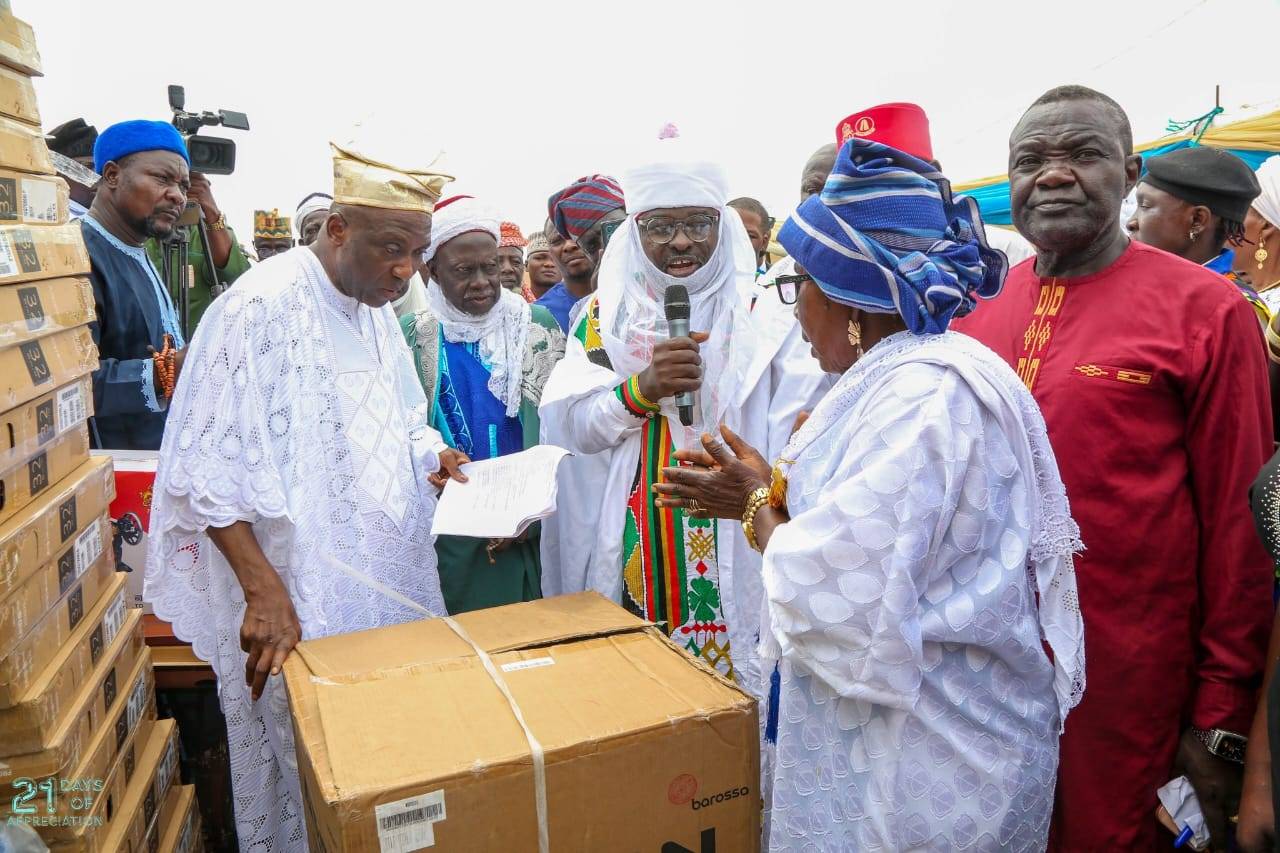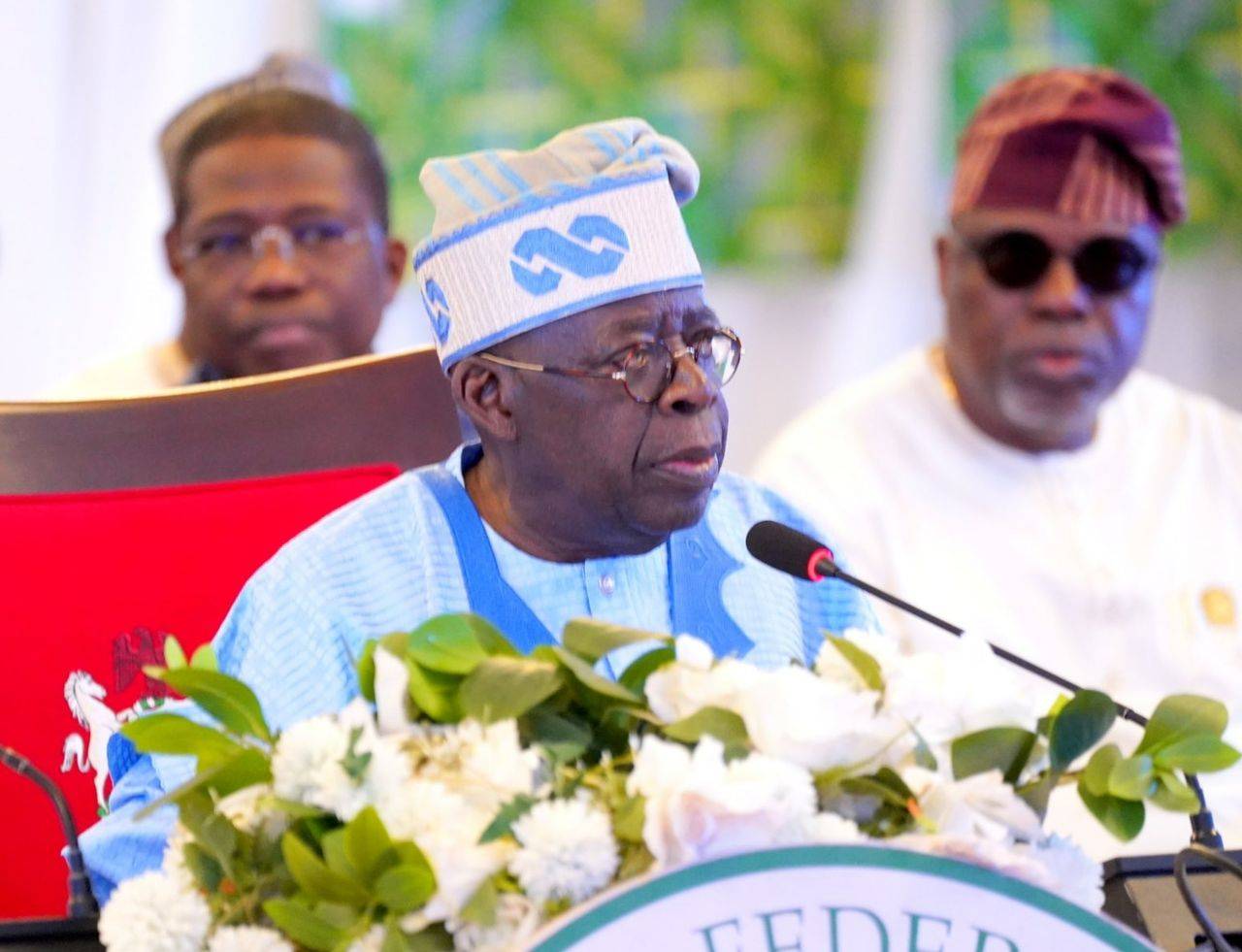By Segun Ayobolu
When the Comrade Joe-Ajaero-led Nigeria Labour Congress (NLC) recently organized a two-day demonstration against current economic hardships, which was, however, called off after the first day, the young and dynamic governor of Oyo State, Engineer Seyi Makinde, caused a stir by joining the demonstrators in solidarity saying he identified with their plight. This was in essence a member of the governing class who should be helping in finding solutions to the problem ironically protesting against himself. But the governor’s action only reflected and reinforced the widespread perception of the pains attendant on the removal of the fuel subsidy as well as the floating of the Naira as a problem created by the federal government and which President Bola Tinubu has the sole responsibility of resolving.
True, the President had, during the campaigns, promised to remove the subsidy just like all major candidates -Atiku Abubakar, Peter Obi, and Rabiu Kwankwaso – had said they would. The fraud associated with the subsidy had become so pervasive and the burden it put on the economy so suffocating that it was clearly unsustainable. It is of course easy and convenient for elements of the opposition to claim that, had any of the other three candidates won the elections, he would have put in place ameliorative measures before axing the subsidy. Mr Peter Obi, for instance, forgets that he promised severally on national television to remove the subsidy, which he described as an elaborate fraud, “on day one.”
So what remedial policies would he have enunciated if he were to remove the subsidy on his very first day in office as he promised? But having taken the decision to implement these two cardinal economic policy reforms, which his predecessors lacked the courage to do, the resultant challenges are for the entire governing class across levels and arms of government to deal with collaboratively and not that of the federal government or President Tinubu alone.
For crassly partisan political reasons, Joe Ajaero has abused his office as President of the NLC to focus solely on Tinubu as the cause of whatever problems afflict Nigeria today. Perhaps, the mutually destructive ongoing fight to the death between the NLC and the Labour Party (LP), which the former claims to own, will teach him and other Labour leaders some lessons about the dangers of mixing trade unionism with political partisanship, especially in a complex, multi-ethnic, cultural and religious polity like ours.
From a concentration on the President and the federal government to provide succor to the citizenry, especially from the current punishing inflationary spirals, many more people have, in recent times, been asking what the state governments are doing to cushion the pains of their people. Perhaps the pressure would also have been on the local government councils which are closest to the grassroots but for the widespread perception that most of them are denied access to their full statutory allocations by state governors and thus largely incapacitated from making the requisite developmental impact.
The obverse side of the acute inflation and astronomical rise in cost of living as a result of the fuel subsidy removal is the significant increase in Naira revenues accruing to the three layers of government. According to the Nigeria Extractive Industries Transparency Initiative (NEITI), in its latest report, a total of N10.143 trillion was shared among the federal government, states and local government councils from the Federation Account as statutory revenue allocations in 2023.
While the federal government received N3.99 trillion (39.37%), the 36 states got N3.585 trillion (35.34%) and the local government councils received N2.56 trillion (25.28%). The NEITI report indicated that the improved revenue remittances to the Federation Account were driven by the removal of the fuel subsidy and the floating of the exchange rate. It would also be recalled that on the removal of the fuel subsidy, the Tinubu administration made a provision of N5 billion available to each state to be paid in tranches with a first phase disbursement of N2 billion to each state. This was meant to enable the states to provide palliatives to their people to ease the burden of the economic reforms.
While some state governors with Governor Babagana Zulum of Borno State being unquestionably the best example were active and prominent in the print, electronic, and social media, striving valiantly to alleviate the poverty of their people, it was difficult to see any visible effort in this regard on the part of many other governors. Television footage showed hundreds of residents of diverse communities in Borno and to some extent, Yobe states going away with full 25kg or 50kg bags of rice and other food items. In most other states no such activities were being showcased and in some cases what was handed over as palliatives were contained in small nylon bags that would most unlikely provide more than one or two meals for an entire household.
During the Coronavirus epidemic that broke out in 2019, the Lagos State governor, Mr. Babajide Sanwo-Olu, emerged as one of the most outstanding public administrators who rose up to save the state from the rampaging, ruthless disease. Tagged the Incident Commander, Sanwo-Olu, along with his health commissioner, Professor Akin Abayomi, rallied health providers to work round the clock providing care to victims and he also marshaled resources, mobilizing the private sector in this regard, to provide palliatives to the vulnerable segments of the population in the wake of a near-total shut down of the economy to curtail the spread of the disease. In his administration’s response to the hardships inflicted by the fuel subsidy removal, Sanwo-Olu is proving that the dexterity he demonstrated in response to the COVID-19 threat was no fluke.
Last Sunday, large numbers of residents of Lagos State trooped out to the food discount markets set up by the Lagos State government at 27 locations across the state. Tagged in local parlance as ‘Ounje Eko’, staple food items such as rice, garri, beans, bread, pepper, onion, and tomatoes were sold to members of the public at reduced prices. To ensure that a few people did not buy up the items on offer, the amount that could be bought by individuals was limited to two loaves of bread, 5kg of rice, beans, or garri, 1kg of pepper or onion, and 2kg of tomatoes. The large number of people who patronized the markets is an indication that the initiative is indeed meeting the needs of victims of the prevalent soaring rate of inflation in the country and the state.
In a similar vein, the governor recently launched the pilot scheme of the Lagos Fresh Food Agro-Hub at Idi-Oro, Mushin. Products such as pepper, meat, vegetables, eggs, yam, garri, snail, palm oil, plantain, ofada rice, Eko rice and fruits are available for sale in a clean and safe environment at farm gate prices. The scheme is being replicated in other locations in the state to be launched in phases over the next six months. Lagosians are also eagerly awaiting the governor’s promise to open soup kitchens/bowls where the government is in liaison with food sellers and caterers to provide free food for 1000 people in each local government in the state.
Other palliative measures being implemented by the Lagos State government include free healthcare for pregnant women during delivery including cesarean section in government hospitals, an increase in bursary payments to students of Lagos state origin, free health missions across the state twice weekly for the next three months and 25% reduction in transport fares for government-owned transportation schemes.
Another noteworthy example is Ogun State where the governor, Prince Dapo Abiodun, has unveiled a N5 billion package of palliatives in diverse sectors of the economy to cushion the effects of the current socio-economic hardships. These include food palliatives for about 300,000 vulnerable households across the three Senatorial Districts in the state, an insurance package for 70000 residents including pregnant women, children, the elderly, market women, etc, and the offsetting of outstanding deductions to state workers to the tune of N500 million only.
In addition, the Ogun State government is providing an N50,000 support grant for about 27,000 Ogun State students In tertiary institutions across the country, the provision of a minimum of five exercise books for all 850,000 students in public primary and secondary schools in the state, provision of a one-time N10000 education support grant for at least 100,000 pupils in public primary and secondary schools, paying N10,000 transport allowance to all civil servants for the last eight months and prenatal care for pregnant women and payment of an additional N5,000 per birth in the state hospitals and the primary health care centres across the state. The state is at the forefront of tapping the potential of Compressed Natural Gas (CNG) as an alternative to fuel to provide affordable public transportation to large numbers of people.
I earlier mentioned Governor Zulum who has been outstanding right from his first inauguration as governor in utilizing public office to ameliorate the sufferings of the vulnerable and adding value to the lives of his people. Hardly a month goes by without this governor announcing one initiative or the other to improve the lives of citizens in the health, transportation, education, and other sectors. Somebody wondered where Zulum was getting the money to do all that he is when there is nothing but silence from so many other states across the country. His passion for selfless service is simply unrivaled. Of course, I focus essentially in this face mainly on governors Sanwo-Olu and Abiodun only as examples. A number of other governors are also performing creditably in this regard but there is hardly space here to adumbrate on their efforts.
The challenge is not only to overcome the pains attendant on the removal of fuel subsidy and floating of the Naira but to permanently transcend poverty in the long run and launch Nigeria on the path of sustainable development. If that is to be achieved, not only must the federal government provide visionary and competent leadership, but the state governments must also utilize all available resources to develop human potential and infrastructure in their respective jurisdictions. There is no way that the impact of the state governments can be maximally felt at the grassroots if the local governments are not empowered to effectively deliver on their mandates to the people.
Culled from The Nation





